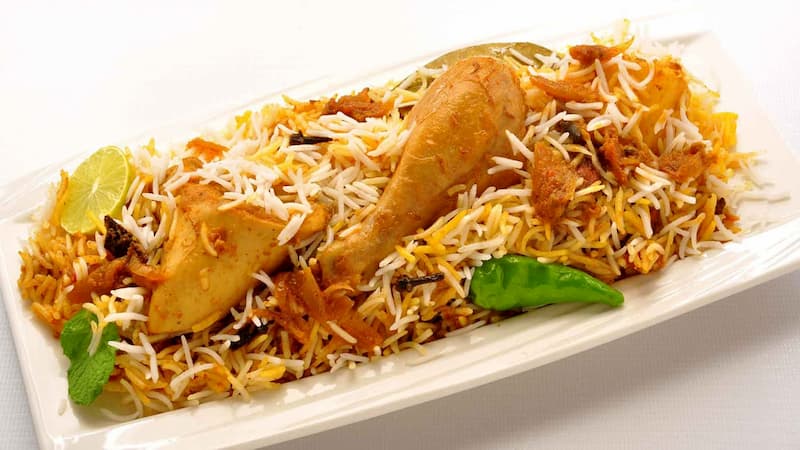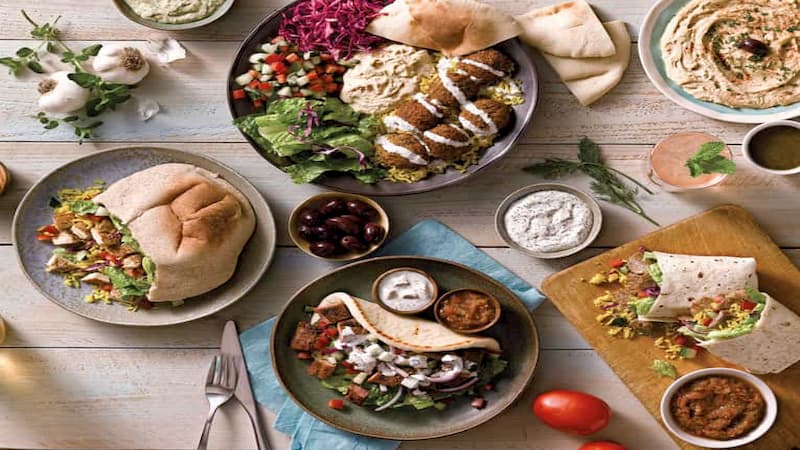The Fiqh Of Halal Food
About The Course
Al Balagh Academy is offering an exclusive course on the Fiqh of Halal Food. This course provides the students with an in-depth understanding of Islamic rulings related to Halal and Haram Food in the contemporary world. It will cover everything from the fundamentals of Islamic dietary laws to contemporary issues and challenges faced by the Muslim communities around the world, arising from the halal food industry.
Course Team
Dr Awal Fuseini
(Huddersfield University, UK)
Mufti Abdullah Nana
(Author, Co-founder of American Fiqh Academy, US)
Shaykh Yunus Dudhwala
(Chair, Halal Monitoring Committee, HMC)
About Mufti Sarfraz Mohammed
(Shariah Consultant for the Halal Monitoring Committee, UK)
Mufti Muhammad ibn Adam al-Kawthari
(Darul Iftaa, Leicester, UK))
SESSIONS
SESSION 1
Concept of “Halalan Tayyiban”
SESSION 2
Food Additives in Food Processing
SESSION 3
Halal and Haram Ingredients in Food Processing
SESSION 4
Halal Slaughtering Process
SESSION 5
Contemporary Issues in Halal Meat
SESSION 6
Halal and Haram Medicine
SESSION 7
Halal and Haram Cosmetics
SESSION 8
Key Sharia Issues in Halal Food Supply Chain
SESSION 9
Halal Food and Halal Certification
SESSION 10
An Overview of Current Technologies
SESSION 11
Islamic Guideline for Food Consumers
SESSION 12
Islamic Guideline for Food Industry
Course Overview
The Fiqh of Halal Food online course by Al Balagh Academy aims to provide the students with an in-depth understanding of Islamic rulings related to Halal and Haram Food in the contemporary world. This course will cover the fundamentals of Islamic Dietary Law to address the current issues and challenges confronted by the Muslim communities, arising from the Halal food industry.
The course will examine significant subjects such as food additives in food processing, Halal and Haram ingredients, Halal slaughtering process, Halal and Haram medicines, Halal cosmetics and Halal certification. This course will enable students to engage with, and respond to the contemporary issues and challenges faced by Muslim communities living in the multicultural and multi-faith societies—a guide for them to consume authentic Halal food.


Course Aims and Objectives
The course will seek to teach students:
- Develop an in-depth understanding of Islamic rulings related to Halal and Haram food, Medicine and cosmetics in a contemporary context.
- Offer opportunities for those who are working in the food industry and those interested in the Islamic rulings on Halal food to apply the knowledge in their workplace.
- Educate Shari’ah Scholars on the contemporary issues prevalent in Halal food industry and the implementation of Islamic rulings in its context.
- Provide the practical Islamic guidelines focused on the modern issues such as E-Numbers, Gelatine, genetically modified foods (GMF), use of stunning in slaughtering, using Haram Medicine and Halal certification.
- Discuss Islamic narratives on some of the challenging concepts such as hygiene, animal welfare and food quality.
- Provide a forum and interpersonal contact between Shari’ah Scholars (Ulamaa), professionals working in the food industry, research scholars and those engaged with Halal certification bodies in order to build a network of support and resource for the future.
Learning Outcomes
By The End Of This Course, Students Can:
- Attain the knowledge and practical skills that will make them better-informed about Islamic perspectives and Fatawas on halal and haram food, medicine and cosmetics.
- Describe the concept of halal & haram in Islam and explain with examples of halal food and non-halal food.
- Understand the sources of the laws & objectives of Islamic shari’ah, describe principles of halal and haram in Islam and apply the knowledge in the halal industry.
- Explain and discuss non-halal issues related to food additives
- Describe examples of halal ingredients and non-halal ingredients that are used in the food industry.
- Distinguish the types of Najs and explain the fundamental customs, and cleansing during the processing.
- Interpret the halal slaughtering concept precisely and discuss its pillars & requirements for application in food production.
- Identify and distinguish the corrupt practices prevalent in the Halal food industry and explain the authentic and accepted Islamic rulings and Fatawa.
- Understand the Halal Food Chain and the quality system of food processing and production
- Learn the various methods of tractability and authentication of halal and haram materials used in the food processing industry.










